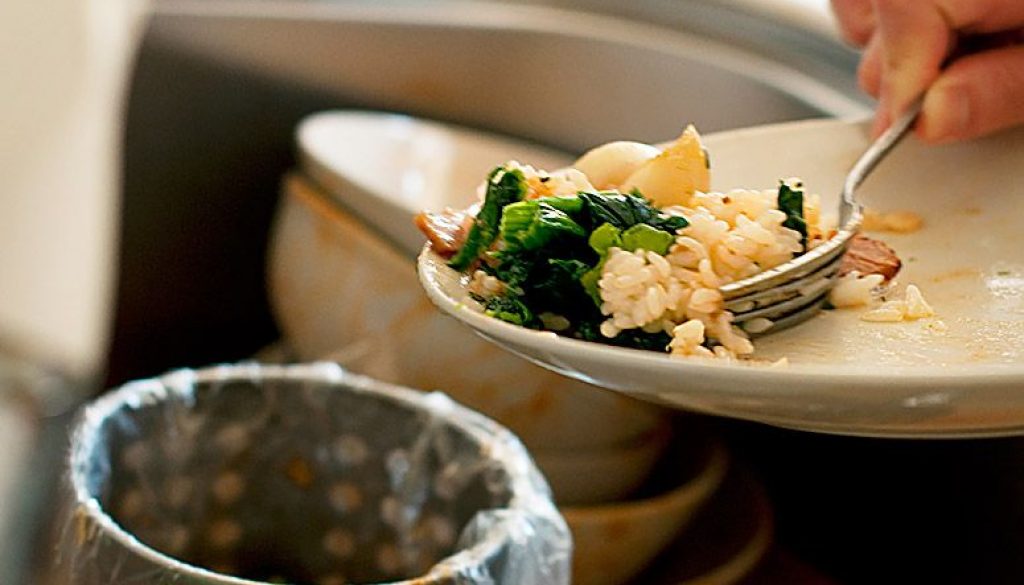More than 50 participants tuned in on Friday, 23 April, to attend the first webinar of the DECISIVE webinar series of four – an outcome which proved the attractiveness of the project’s outputs and the way forward to decentralised biowaste management.
The first webinar titled “DECISIVE: The Concept” looked at the underlying principles the project is based on, including micro anaerobic digestion, solid state fermentation, and using Stirling engine for obtaining energy. Many project partners, including INRAE, the Autonomous University of Barcelona, Aeris and ITS Energy are working hard in order to adapt various processes to a smaller scale. This webinar was a perfect occasion for them to highlight not only what the development of these different processes, but also the results they achieved.
The webinar was opened by Anne Tremier, both as the project’s coordinator but also an INRAE researcher who was overlooking the micro anaerobic digestion (micro AD) adaptation from the very beginning. She presented the already existing solutions, then introduced the ground-breaking results of the two-phase micro AD that INRAE recently started examining in laboratory conditions. Oscar Prado of Aeris later intervened to introduce solid state fermentation which has a complementary role in the DECISIVE concept as it further valorises the digestate which comes out of the anaerobic digestion and turns it into biofertiliser or potentially biopesticide. Claudio Fontana of ITS Energy completed the webinar with his story on the Stirling engine, a century old technology which is now having a second life, being very adaptive to small scale biogas production facilities.
Pablo Kroff of SUEZ closed the webinar with his reflection on the advantages such decentralised biowaste management schemes could have in general biowaste management practices in cities. When asked what cities would have to do in order to adopt such solutions, he stated: “cities and communities would first need to define well their visions and the way they want to function in the future. My feeling is that the local communities, the residents, need to become a part of the solution and this could be achieved through inclusive approaches, such as the DECISIVE concept”.
Anne Tremier, who opened the webinar also had the honour to close it with her words: “The COVID pandemic affected the project a lot, from the very start we never ever imagined that such a thing could occur, cutting off the biowaste intake. However, the lesson we learnt that we can now share with others was that decentralised biowaste treatment facilities are way easier to restart after such a period than centralised, large scale plants”.
The next webinar will be held on 11 June and will cover the tools produced within the DECISIVE project’s framework which allow cities and regions to assess their biowaste management schemes and identify the hotspots in terms of biowaste production, distances and other factors which lead to sustainable biowaste management. Follow our pages and social media for the updates.
The first webinar is available on demand here, as well as the presentations used at the webinar.

